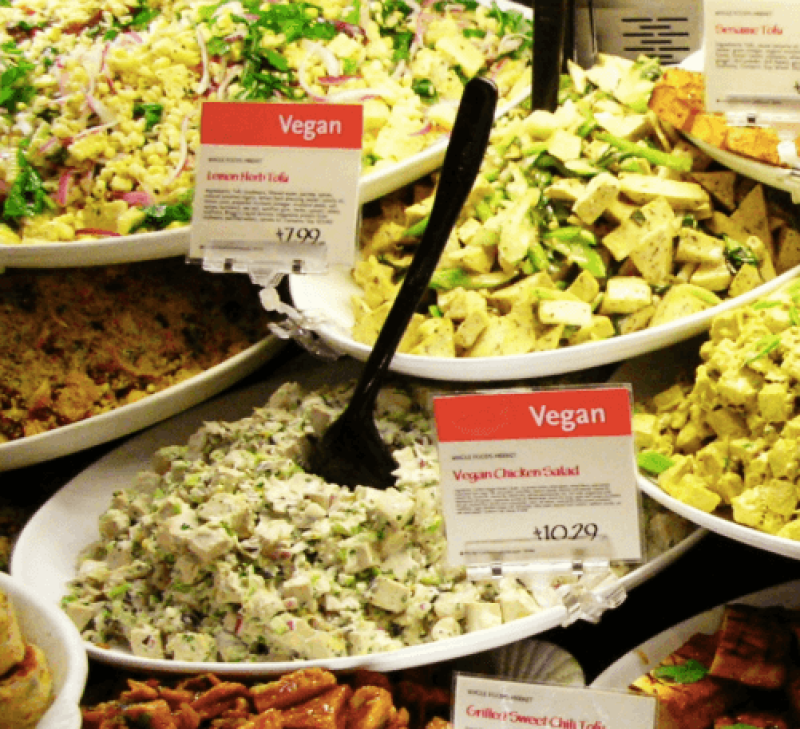Meat consumption plays a huge role in global warming, producing nearly 15% of all carbon dioxide emissions, even more than air travel. This accounts in part for the rapid shift toward vegetarianism, veganism and diets relying less on meat products. In the future, for the health of people and the planet, we should mostly eat vegetables and fruits, whole grains and legumes, with seafood, poultry and red meat playing minor roles in our diets.
But for now, focusing too strongly on meat may risk overselling one idea as a solution to all our problems. Chemically intensive agricultural practices have depleted soils and polluted seas and rivers globally, and farms growing crops have been just as destructive as those raising animals. These problems could get worse, even in a world where no one eats meat at all.
Undoing this damage, while also managing to feed the nearly 10 billion people expected to populate the earth by 2050, is going to require lots of ideas integrated together. That includes less meat, less intensive and more intelligent farming, and the application of new technologies, including ways to produce high volumes of food for cities.
Read full, original article: Going Vegan Won’t Save the Planet































